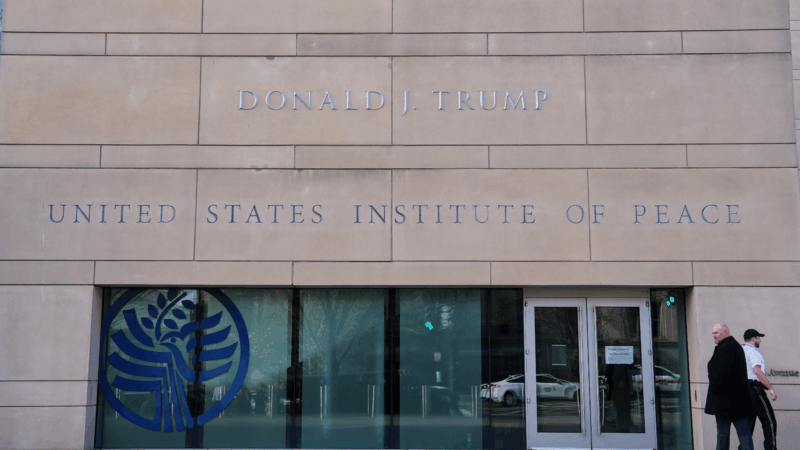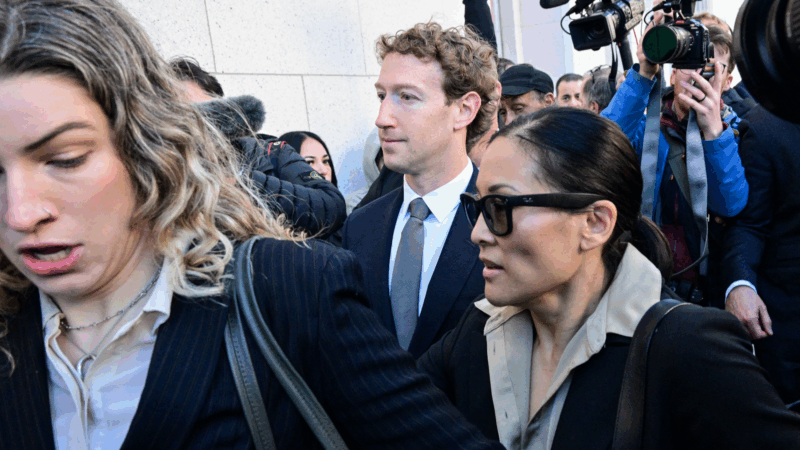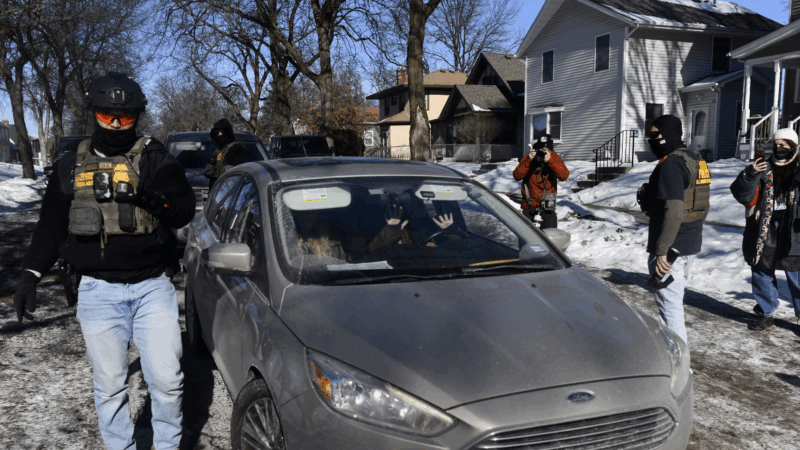VA officials acknowledge the need for privacy for telehealth therapy
The US Department of Veterans Affairs appears to be backing off a plan to send telehealth therapists back to offices that may lack privacy, according to a memo obtained by NPR.
Addressing widespread concerns over mental health clinicians’ ability to conduct confidential sessions, officials from the VA have issued a memo saying that providers must have private workspaces “that foster trusted, confidential, and therapeutic relationships with Veterans,” when they return to their offices in the coming weeks.
The memo is dated April 12, and was issued to regional directors the day after NPR’s latest reporting on this issue, which followed other reports and outcry from lawmakers.
After speaking with mental health providers and clinicians all over the country — anonymously, as many fear for their jobs — NPR previously reported that many are afraid they will be unable to provide therapy in private spaces after a mandatory return-to-work order that requires them to report to a VA facility. Many are currently providing telehealth to veterans from home.
The return-to-office order comes after much consternation over an announcement from VA officials and VA Secretary Doug Collins that the agency intends to cut 80,000 jobs. Under President Biden, Congress passed the PACT act, which allocated nearly $800 billion to expand VA care and benefits. The current efforts aim to reduce staffing numbers to the levels before this legislation, though it is not clear how VA would do so and still fulfill its legal requirements under the PACT act.
A script about confidentiality
Prior to the April 12 memo, VA management in one region circulated a script for therapists working in call center-like environments to read to their patients. “I cannot guarantee complete confidentiality,” read the document.
Confidentiality is guaranteed to health care patients through federal law, and the quality of a patient’s bond with a provider is one of the key predictors of overall outcomes in clinical therapy.
The April 12 memo stipulates that “spaces used to deliver synchronous telehealth services should offer the same level of privacy and therapeutic environment applicable to an in-person visit in the same space.”
Confusion remains
Several clinicians who spoke to NPR about this memo remained perplexed. The memo does not explicitly say therapists would be allowed to continue working from their homes, if private office space is unavailable. But the clinicians said they do not see how they would both meet the privacy requirements and return to work, where many say there is simply not enough space for things like parking and bathroom traffic, let alone adequate private spaces for therapy. Many staff were hired to be telehealth providers working off-site for all or part of the time.
Another document viewed by NPR, which was labeled “pre-decisional,” implies clinicians who provide mental health care would be eligible for an exemption to the mandatory return-to-work order. It offers few details, however.
The VA did not respond to a request for comment on what the April 12 memo would mean for employees reporting to overcrowded facilities. For earlier stories, VA spokesperson Peter Kasperowicz has repeatedly said that veterans’ care will continue “uninterrupted,” through the return to work mandate and insisted that all facilities will be compliant with federal privacy laws. “VA will make accommodations as needed so employees have enough space to work,” read a previous statement on the issue.
Some VA employees were required to return to the office on April 14, though others received last minute changes. May 5 is the current date forecasted by the VA to have employees back in person as part of a department wide mandate under the Trump administration and VA Secretary Collins.
A reputation for high quality care
The American Psychological Association has expressed concern for VA therapists who are unable to comply with federal privacy standards. “ That’s just such a fundamental way that, psychological services and psychotherapy has been conducted,” says Lynn Bufka, head of practice for APA. “I think most people feel sort of like, why would we even need to say that so explicitly?”
The VA is seen by many providers as the gold standard of mental health care in the United States, and many are concerned that the return-to-work order and job cuts will lead to attrition from providers or overall degradation of care for veterans.
“From a psychologist’s point of view, it’s seen as a place of good training and effort to really ensure that care is quality,” says Bufka. “Care that is evidence-based, that it is really meeting the needs of a population that was willing to give it everything in order for the rest of us to have the kind of quality of life that we have.”
Have information you want to share about the ongoing changes across the federal government? Katia Riddle is available through encrypted communications on Signal at Katia.75
Iran and the U.S. lean into gunboat diplomacy as nuclear talks hang in balance
Iran and the United States leaned into gunboat diplomacy Thursday, with Tehran holding drills with Russia and the Americans bringing another aircraft carrier closer to the Mideast.
José María Balcázar becomes Peru’s eighth president in a decade
José María Balcázar has become Peru's new interim president, replacing another interim leader who was removed over corruption allegations just four months into his term.
Trump gathers members of Board of Peace for first meeting, with some U.S. allies wary
President Donald Trump will gather Thursday with representatives from more than two dozen countries that have joined his Board of Peace, for a meeting that will focus on the reconstruction of Gaza.
With a win over Sweden, the U.S. men’s hockey team will play for an Olympic medal
A thrilling overtime goal by defenseman Quinn Hughes puts Team USA through to a semifinal game against Slovakia. On the other side of the bracket, Canada had its own close call, but moves on to face Finland.
Zuckerberg grilled about Meta’s strategy to target ‘teens’ and ‘tweens’
The billionaire tech mogul's testimony was part of a landmark social media addiction trial in Los Angeles. The jury's verdict in the case could shape how some 1,600 other pending cases from families and school districts are resolved.
The Trump administration is increasingly trying to criminalize observing ICE
ICE officers often tell people tracking and watching them that they are breaking federal law in doing so, but legal experts say the vast majority of observers are exercising their constitutional rights.






